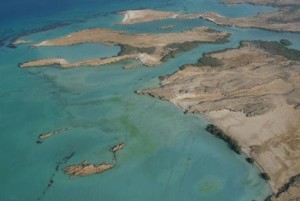Saudi Arabia will be the template for future change
Saudi Arabia has captured the world’s attention with the announcement of an ambitious agenda, called Vision 2030, aimed at overhauling the structure of its economy. The plan would reduce historical high dependence on oil by transforming how the kingdom generates income, as well as how it spends and manages its vast resources.
It is supported by detailed action plans, the initial implementation of which has already involved headline-grabbing institutional changes in a country long known for caution and gradualism.
While the immediate catalyst for economic restructuring is the impact of the sharp fall in international oil prices, the rationale for these reforms has been evident for much longer. With oil sales generating the bulk of government revenues, and with the public sector being the predominant employer, Saudi officials have long worried that the kingdom’s lack of economic diversity could place at risk its long-term financial security.





